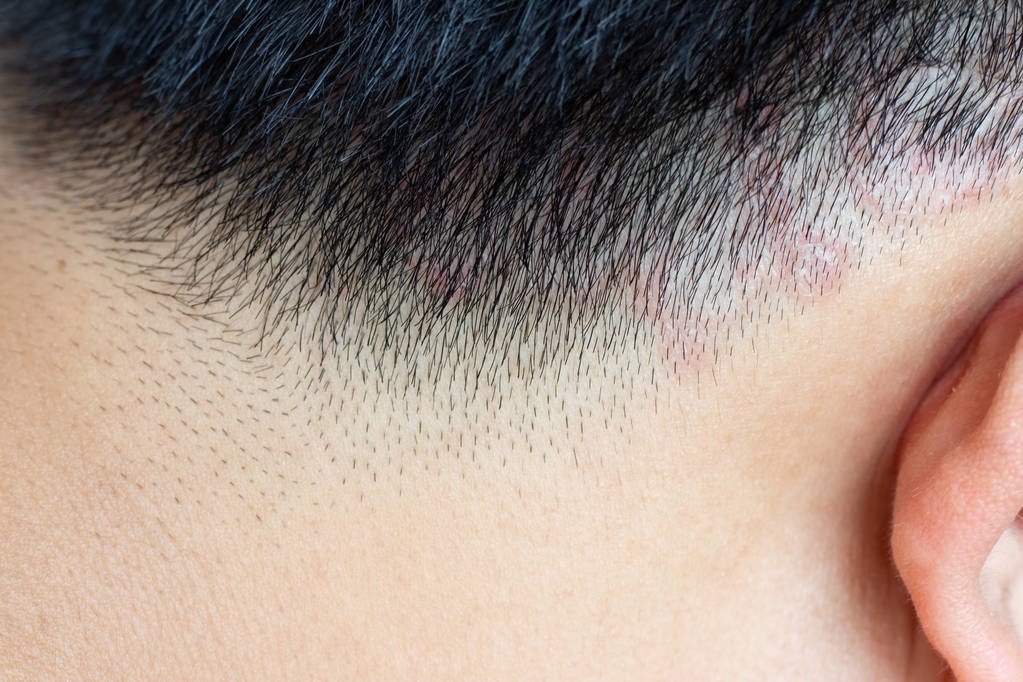July 19, 2024

Vitamin E belongs to the group of vitamins with strong antioxidant properties, helping to limit the proliferation of free radicals and protect cell structure. In addition, this vitamin also participates in the body's metabolic activities. Do you know when is the best time to take vitamin E? This article will provide useful information on how to use vitamin E effectively.
1. Basic Information About Vitamin E
Vitamin E is pale yellow and usually comes in liquid form. It contains tocotrienol and tocopherol molecules, which are insoluble in water but soluble in oils and alcohol. Vitamin E is difficult to decompose when cooking, but ultraviolet rays can do this.
The body can absorb vitamin E from both natural and synthetic sources. Natural vitamin E is found in nuts, olives, vegetable oils, eggs, green vegetables, etc. Synthetic vitamin E is available on the market in the form of capsules, tablets, solutions, creams and serums. .
Regular use of vitamin E brings many benefits such as:
- Moisturizes and smoothes the skin, reducing the negative effects of UV rays.
- Reduces dark spots, freckles and wrinkles, making skin plump.
- Nourish hair soft and smooth, restore damaged hair.
- Good for patients with dementia and memory loss.
- Supports absorption of vitamins A and K.
- Prevent cardiovascular diseases, diabetes, protect the liver, brain, and kidneys when the body is poisoned with mercury, treat osteoarthritis.
- Prevent oxidation, prevent osteoporosis, limit Cytokine production.
- Improve memory, strengthen the immune system.
- Supports the treatment of menstrual disorders, infertility, miscarriage, menopause, cataracts in adults, retinopathy in premature infants, and congenital hemolytic disease in children.
Adults should supplement from 100 - 400 IU of vitamin E/day. Vitamin E deficiency often occurs in premature babies or people with pancreatic and hepatobiliary diseases that cause the body to poorly absorb fat.
2. When is the best time to take Vitamin E?
2.1. Appropriate Age To Supplement Vitamin E
Depending on age, the body's need for vitamin E varies. Experts recommend supplementing vitamin E from 18 years old. Adolescents under 18 years old only need to supplement vitamin E through their daily diet. People aged 25 - 30 years old should actively supplement vitamin E because the body begins to show signs of aging.
2.2. When to Use Vitamin E During the Day
Vitamin E can be used at any time of the day. However, you should avoid drinking on an empty stomach or immediately after eating. The most appropriate time is 30 minutes after a meal.
2.3. Vitamin E Treatment Course
Although vitamin E has many benefits, overuse can cause health problems. If used as a dietary supplement, you should supplement for 1 - 2 months, then stop for 1 month and then continue taking it.
3. Use Vitamin E Correctly
For vitamin E to be best absorbed and ensure safety, it is important to note:
- Follow the course of use as directed by your doctor or pharmacist.
- Be cautious when using for pregnant women, people with Alzheimer's disease, myocardial infarction, heart failure, hemophilia, stroke, and severe vitamin K deficiency. It is best to consult your doctor before use.
- Before using functional foods, you should try changing your diet to increase natural vitamin E.
4. Vitamin E and Drug Interactions
Vitamin E can react chemically with some medications:
- Do not combine with vitamin K because it increases blood clotting time.
- Do not use with NSAIDs or Aspirin because of increased risk of bleeding.
- Vitamin E overdose can affect the effectiveness of Tamoxifen (breast cancer treatment) and Cyclosporine (immunosuppressant).
- Do not use concurrently with drugs metabolized in the liver because it affects the effectiveness of treatment.
Important Note
When taking vitamin E, pay attention to dosage and drug interactions. Using it properly and at the right time will bring out the best results not only for the skin but also for other organs in the body. If you need to increase vitamin E, consult a nutritionist before using supplements containing vitamin E.
Related blog posts

Dermatology
The Growing Role of AI in Healthcare
Artificial Intelligence (AI) has become an integral part of modern life, with its influence growing rapidly, especially in healthcare.

Dermatology
Understanding Psoriasis: Causes, Symptoms, and Treatment Options
Psoriasis is a chronic autoimmune skin condition that affects millions of people worldwide.

Dermatology
What is scalp ringworm?
Scalp ringworm is a fairly common skin condition. Let’s learn about scalp ringworm and how to treat it.